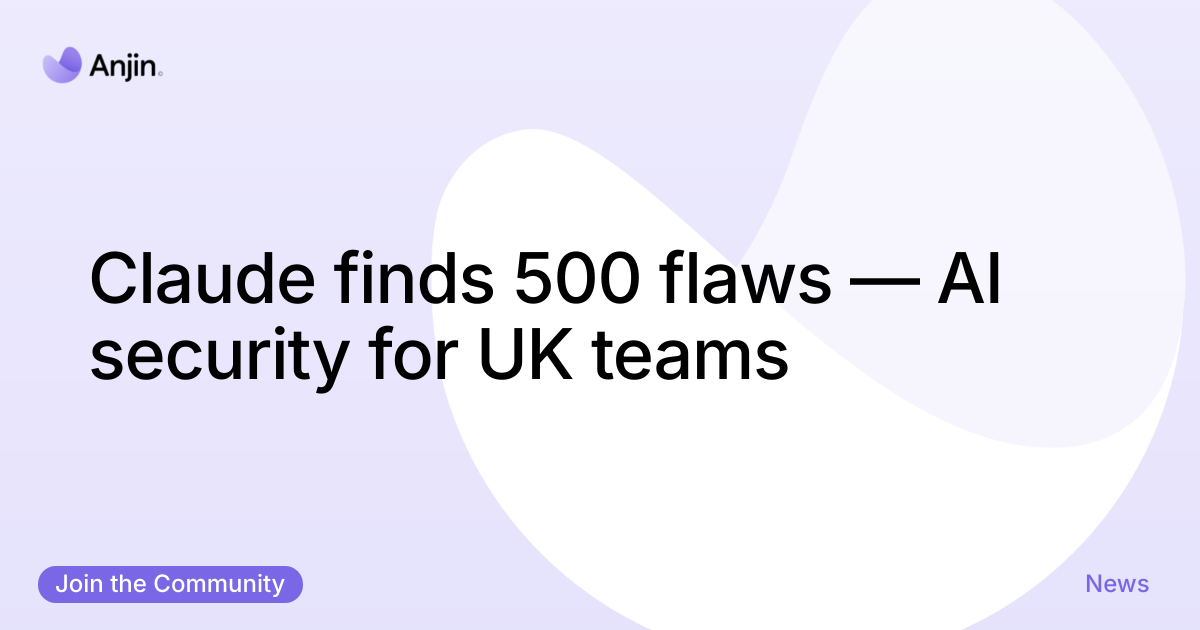What Is Artificial General Intelligence?
Artificial General Intelligence is the term used to describe a machine capable of understanding, learning, and applying knowledge across a broad range of tasks—matching or surpassing human cognitive abilities. Unlike narrow AI (such as a recommendation engine or voice assistant), AGI is not task-specific. It generalises across contexts, adapting to new challenges without retraining or human guidance.
Key Characteristics:
- Autonomy: Performs tasks without specific programming
- Reasoning: Solves abstract, complex, or unseen problems
- Learning: Acquires and applies knowledge across domains
- Memory: Retains and applies long-term context and experience
- Self-correction: Refines decision-making through feedback and observation
AGI vs Narrow AI
FeatureNarrow AIArtificial General Intelligence (AGI)ScopeSingle or limited domainGeneral purpose, any domainAdaptabilityNeeds retraining for new tasksLearns and applies knowledge independentlyExamplesChatbots, spam filters, image recognitionHypothetical AGI assistant or research AICurrent Use CasesHighTheoretical / early-stage experimentalHuman-level CognitionNoYes (target outcome)
How AGI Might Work: Architecture and Theories
While AGI is still under development, current research draws from multiple domains:
1. Cognitive Architecture Models
Inspired by neuroscience and psychology, these attempt to replicate the structure and processes of the human brain. Examples include:
- SOAR and ACT-R: Frameworks for symbolic reasoning
- OpenCog: An open-source AGI initiative focused on cognitive synergy
2. Neural Networks at Scale
Modern large language models (LLMs) such as GPT-4 and Gemini are pushing the boundaries of generalisation. Some argue that increasing scale and multi-modality will lead to emergent general intelligence.
3. Hybrid Systems
Blending symbolic reasoning and deep learning. This allows for interpretability and adaptability—two critical aspects of human cognition.
Potential Applications of AGI
AGI could revolutionise multiple sectors by offering capabilities far beyond task-specific automation:
Healthcare
- Autonomous diagnosis and personalised treatment planning
- Scientific discovery (e.g. protein folding, drug design)
Education
- Lifelong learning companions tailored to individual needs
- On-demand curriculum generation and tutoring
Research & Science
- Hypothesis generation and experimental design
- Literature analysis at global scale
Enterprise
- Cross-functional decision agents
- Autonomous process orchestration, financial modelling, market simulations
Ethical, Technical, and Societal Challenges
1. Control and Alignment
How do we ensure AGI’s goals align with human values? Misaligned AGI poses risks, including unintended consequences or catastrophic failure.
2. Bias and Fairness
AGI will inherit biases from training data unless rigorously tested and monitored.
3. Unemployment and Labour Disruption
AGI could displace knowledge workers at scale. Reskilling, regulation, and policy must anticipate this shift.
4. Security and Misuse
Malicious actors using AGI for cyber warfare, fraud, misinformation or surveillance.
Where Are We Now?
Despite media hype, no true AGI has yet been built. However, large-scale AI systems (like GPT-4, Gemini 1.5, and Claude) are rapidly approaching milestones previously thought unattainable. In 2023, Geoffrey Hinton and Demis Hassabis suggested AGI may emerge within the next decade—driven by progress in multi-modal learning, reinforcement training, and autonomous tool use.
Companies like OpenAI, DeepMind, Anthropic, and 01.AI are investing heavily in AGI research, and government-led safety frameworks (such as the UK’s AI Safety Institute) are beginning to lay regulatory groundwork.
The Road to Artificial General Intelligence
Building AGI is not just a technical feat. It’s a civilisation-scale milestone. It will reshape science, ethics, governance, and what it means to be human.
Key trends to watch:
- Rise of agentic AI frameworks
- Integration of memory, planning and reasoning in production AI
- Cross-discipline collaboration: Neuroscience, philosophy, ethics, engineering
- Shift from automation to delegation of complex decisions
Final Word: Understanding AGI Is No Longer Optional
Whether you’re a technologist, business leader, policymaker, or student—understanding AGI is essential. As the global race for AGI continues, clarity, caution and collaboration are critical.
At Anjin Digital, we help organisations future-proof their AI strategy through expert content, technical optimisation, and agentic thinking. We translate complexity into opportunity—and we’re building at the edge of what's next.





